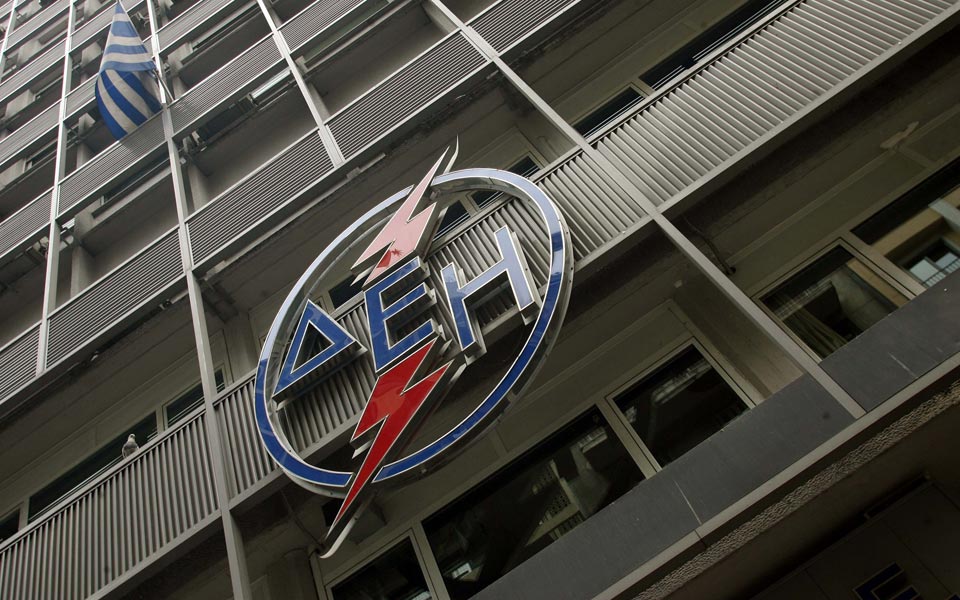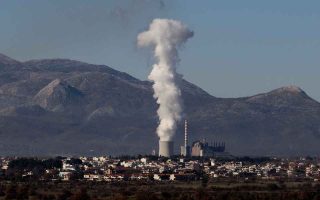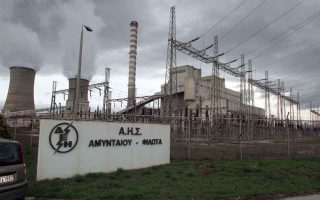Rift between PPC and industry over rates

One of the biggest problems Greek industry faces is that of competitiveness, which is partly undermined by the high power rates paid by local industrial groups.
One month after the start of negotiations between Greece’s main supplier Public Power Corporation (PPC) and energy-intensive companies on industrial rates, the distance between them remains huge.
Industries claim that PPC is being intransigent, insisting on its original proposal for rate hikes of 40% and 50% for 2021 and 2022, compared to the existing contracts, which after the extension PPC had granted will expire at end-February.
But power rates are one part of the two sides’ disagreement. The other, which may have actually created an even greater rift in relations, is the structure of the rates that PPC is proposing to major industrial consumers. According to industries, that structure incorporates terms which counter the mechanisms of the European framework regarding energy cost reduction.
Industrialists refer in particular to the association of rates with monthly consumption, as PPC is proposing, according to which the cost will grow if a company faces demand that falls short of the 98% of consumption included in the contract in a certain month. According to industrials, this condition runs against the demand response mechanism applying across the European Union. This is also a mechanism set to be included in Greek legislation, providing for offsetting costs for industrial units so that they adjust their output according to demand and contribute to grid stability.
In that system, the industries say they will reduct their energy costs and lower their prices; however, the term that PPC is setting deprives industries of that option, as any reduction to their production will entail an increase in their rates, industry sources stress.
One industry representative told Kathimerini that PPC is trying to hold the market hostage, while abolishing discounts and night rates that benefited the steel industry in particular.
Industry representatives intend to raise this issue with new Environment and Energy Minister Kostas Skrekas and plan, first of all, to request additional time, which would allow for “substantial and honest negotiations.”





